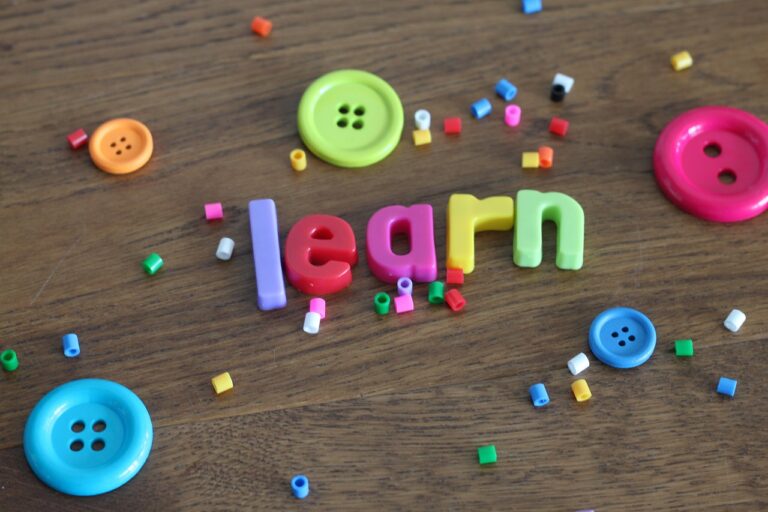Leveraging Artificial Intelligence for Personalized Educational Games
Artificial Intelligence (AI) is revolutionizing the landscape of educational games by enhancing the learning experience for students. Through AI algorithms, educational games can adapt and personalize content based on the individual needs and learning styles of each student. This level of customization ensures that students receive tailored feedback and challenges, promoting a more engaged and effective learning process.
Moreover, AI in educational games can assist in tracking and analyzing student progress and performance. By collecting data on students’ interactions within the game, AI algorithms can provide valuable insights to educators, helping them identify areas where students may need additional support or enrichment. With the integration of AI, educational games have the potential to become powerful tools for personalized learning that cater to the unique abilities and interests of each student.
Understanding the Concept of Personalization in Educational Games
Personalization in educational games involves tailoring the learning experience to meet the specific needs and preferences of individual learners. This customization can include adjusting the difficulty level of tasks, providing relevant content based on learners’ interests, and offering feedback that is personalized to each student’s progress. By incorporating personalization into educational games, educators aim to enhance engagement, motivation, and ultimately, learning outcomes for students.
In personalized educational games, learners have the opportunity to take ownership of their learning journey by making choices that align with their unique learning styles and pace. This allows students to focus on areas where they need additional support, while also being challenged to stretch their abilities in areas where they excel. Personalization in educational games not only promotes a more individualized approach to learning but also fosters a sense of autonomy and self-directed learning among students, leading to a more fulfilling and effective learning experience.
Benefits of Personalized Learning in Educational Games
Personalized learning in educational games offers a tailored approach to education, allowing students to progress at their own pace. This individualized learning experience caters to each student’s specific needs and learning style, promoting better understanding and retention of information. By receiving personalized feedback and content that aligns with their abilities, students are more engaged and motivated to learn.
Furthermore, personalized learning in educational games enhances critical thinking and problem-solving skills. Students are presented with challenges and scenarios that are relevant to their current knowledge level, prompting them to think creatively and strategize solutions. This dynamic learning environment not only fosters academic growth but also nurtures essential skills for success in the real world.
How does artificial intelligence play a role in educational games?
Artificial intelligence in educational games helps to personalize the learning experience for each student by analyzing their performance and adjusting the difficulty level accordingly.
What does personalization in educational games mean?
Personalization in educational games refers to the customization of learning experiences based on the individual needs and abilities of each student.
What are some benefits of personalized learning in educational games?
Some benefits of personalized learning in educational games include increased student engagement, improved learning outcomes, and a more tailored learning experience for each student.





